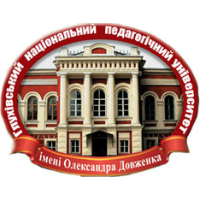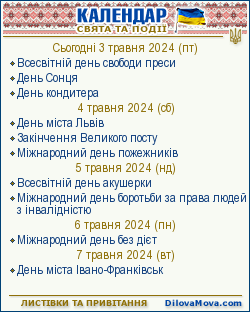 English
English Русский
Русский Українська
Українська
Мови
HRYTSENKO A. A., KRYLOV M. P. Methodologies and techniques for studying regional contrasts in identity and historical memory
Article is dedicated to providing methodological issues border analysis of regional identity neighboring regions of Ukraine and Russia. During the XX century historically formatted cultural transition between Russia (Moscow state) and Ukraine (Hetmanate) was under considerable transformations. After 1991, the goal-directed impact on the natural processes of ethno-cultural dynamics took place in theterritory of Ukraine, while numerous elements of Ukrainian ethnic culture remained in Russian territory of the former Slobidska Ukraine, becoming a part of the regional identity. Based oncollected during the field researches in 2008 – 2009 and 2012 authors developed a model of Russian-Ukrainian ethno gradient observed within eight neighboring regions of Russia and Ukraine. Within of Russia the historical boundaries of former Hetmanate and, in particular, Slobidska Ukraine largely preserved not only as a historical relict, but as a significant trait of theliving culture. At the same time in Ukraine configuration of Russian-Ukrainian gradient only partly coincides with the historical boundaries, reflecting the complex interference of sustainable inherited and variable constructed features of identity.
The article reveals the peculiarities of regional identities in the border regions of Russia and Ukraine and their connections to ethnic and cultural landscapes, historical memories. The methods and the results of field research in 2012 are described. A spatial model of historical and cultural interconnections (“ethno-cultural gradient”) is given in details. The article is illustrated by the maps of “ethno-cultural gradient” in Russian-Ukrainian borderland and Sumy and Kursk mental regions. Reflection of the people on cultural landscape with its inherent socio-historical, ethno-political and cultural differences is still poorly understood question in contemporary day. The article takes attempts to partially close the gap formed. Presented some results of field studies 2008 – 2011 years in the Russian-Ukrainian and Russian-Belarusian borderland, after which they were discussing in the context of the problem: stability versus variability 1991 – 2011 years. The authors focused on the processes of regional and ethno-cultural identity in the context of the formation of various national and political models in Russia, Ukraine and Belarus in post-Soviet period. Attention is paid to historical and geographical and ethno-cultural aspects of the formation of the borderland territory, the peculiarities of the modern perception of "their" territory, its spatial pattern
Keywords: identity, questioning, contrasts, historical memory region.
- 957 reads





